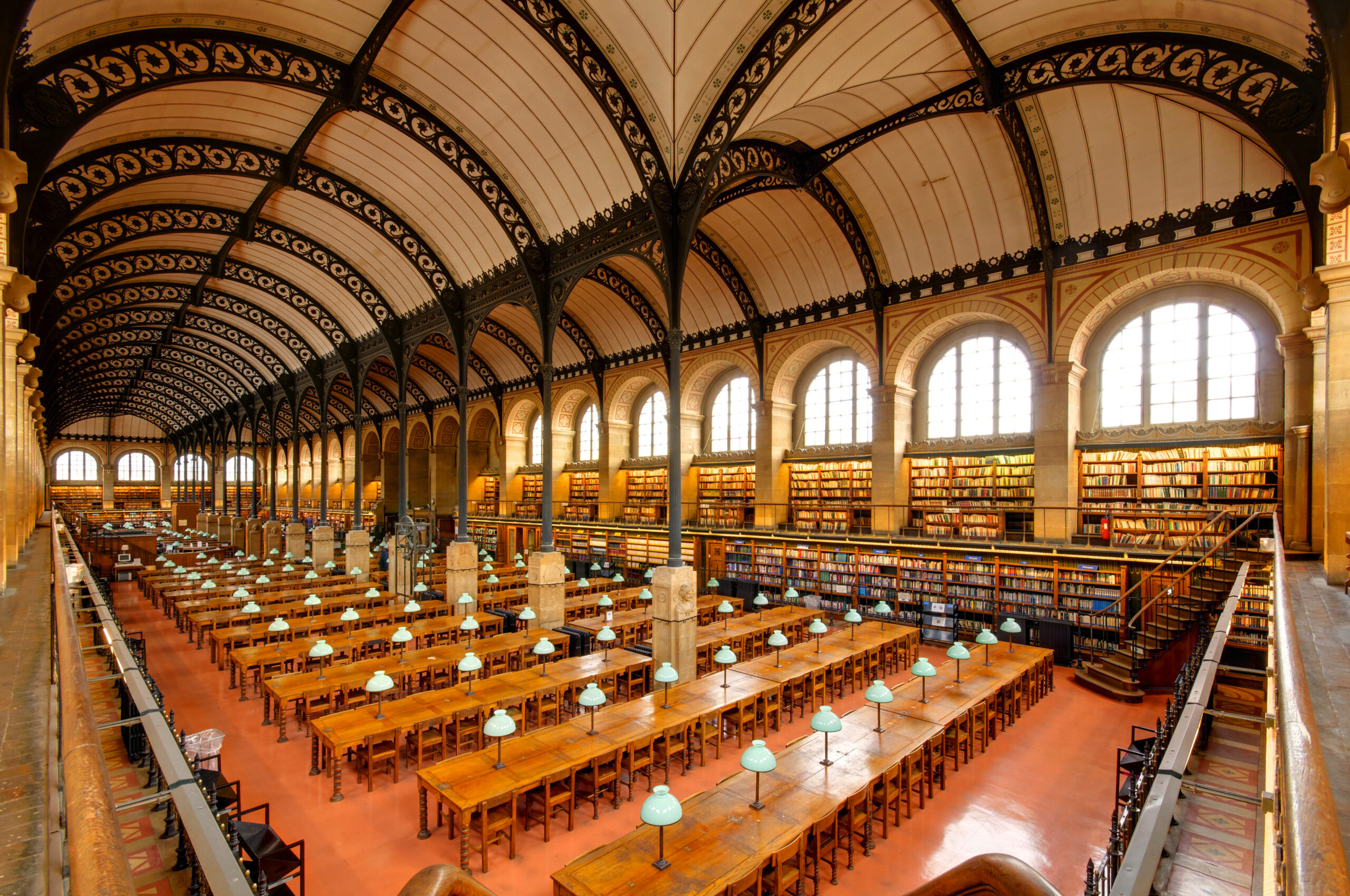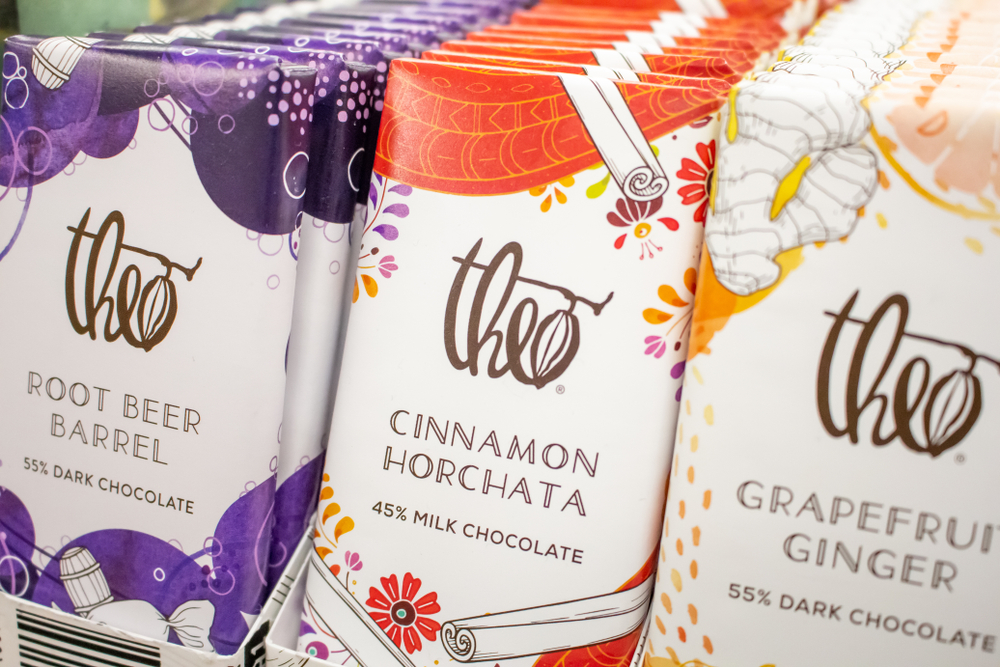History is full of influential figures, but some of the most impactful individuals are often overlooked. These lesser-known pioneers made groundbreaking contributions in fields ranging from science and politics to art and human rights. Their actions, though not always widely celebrated, shaped the world in ways that continue to resonate today. By defying norms and pushing boundaries, these uncommon historical figures left legacies that deserve to be remembered. This list highlights 20 such individuals whose influence still echoes through time.
Sophie Scholl
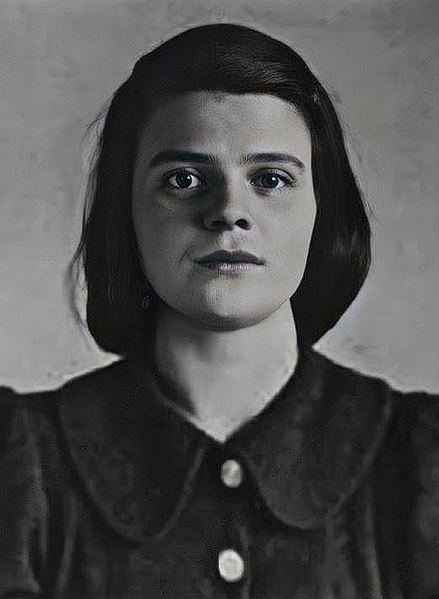
Sophie Scholl was a German student and anti-Nazi political activist. She co-founded the White Rose resistance group, courageously distributing pamphlets opposing Hitler’s regime. At just 21, Sophie was arrested for her efforts and executed by the Nazis in 1943. Her boldness and unwavering commitment to justice have made her a symbol of resistance. Scholl’s story continues to inspire those fighting for human rights. Her legacy lives on as a reminder of the power of youth in shaping political landscapes.
Ignatius Sancho
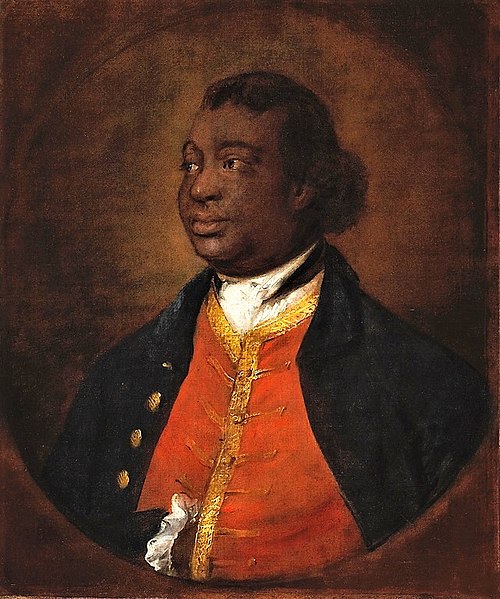
Born on a slave ship in 1729, Ignatius Sancho would later become a writer, composer, and one of the first Africans to vote in a British election. After gaining his freedom, Sancho became a respected intellectual in 18th-century London. He published letters advocating for the abolition of slavery, a radical stance at the time. His correspondence offers insight into the struggles of Black individuals during the Enlightenment. Sancho’s literary and political influence broke barriers for future generations of Black Britons. His voice helped shift perceptions of race and humanity in Britain.
Hedy Lamarr
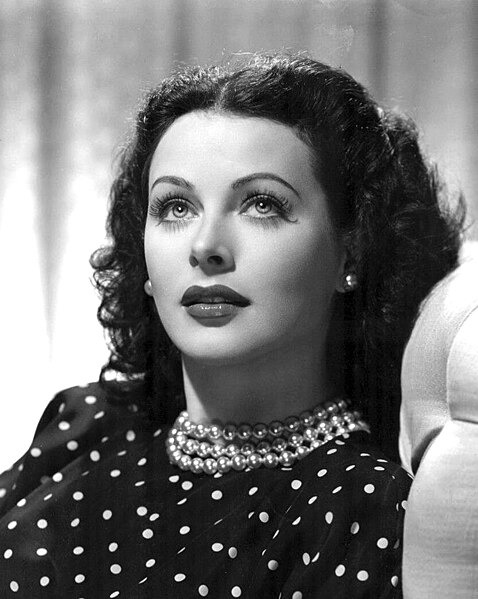
A Hollywood star during the 1930s and 40s, Hedy Lamarr was more than just a glamorous actress. She co-invented a frequency-hopping technology to prevent the interception of military radio signals during World War II. Though the U.S. Navy ignored her invention at the time, it laid the foundation for modern Bluetooth and Wi-Fi. Her contributions to science were largely unrecognized during her lifetime. Today, Lamarr is celebrated as both a cinematic icon and a technological pioneer. Her dual legacy as an actress and inventor remains unparalleled.
Mary Anning
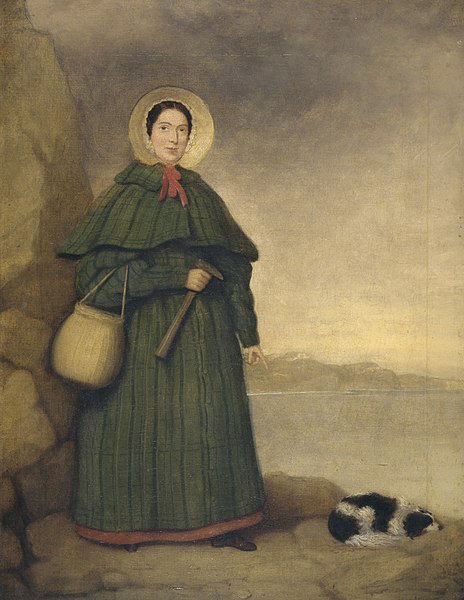
Born into poverty in 1799, Mary Anning became one of the most significant fossil hunters in history. She discovered the first complete Ichthyosaurus skeleton at the age of 12. Despite her critical contributions to paleontology, she received little recognition from the scientific community due to her gender and class. Anning’s findings challenged the prevailing understanding of prehistoric life. Over time, her discoveries reshaped theories about the Earth’s history. Today, Anning is rightly acknowledged as a pioneer in paleontology.
Olaudah Equiano
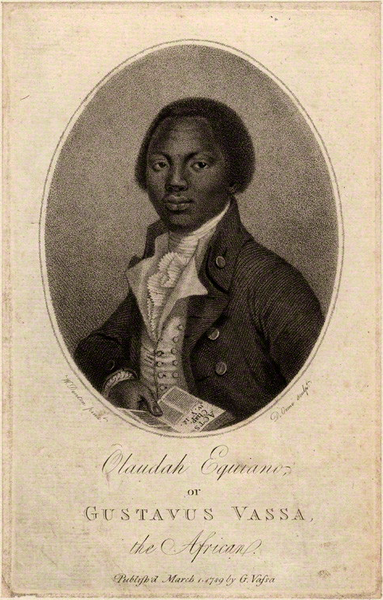
Olaudah Equiano, a former enslaved African, became a prominent abolitionist in 18th-century Britain. His autobiography, “The Interesting Narrative of the Life of Olaudah Equiano,” gave readers a vivid account of the horrors of slavery. Through his writing, Equiano played a key role in the abolition movement. He also traveled extensively, using his experiences to advocate for the rights of the enslaved. His story shed light on the brutal realities of the transatlantic slave trade. Equiano’s life and words helped spark a crucial shift in the fight against slavery.
Grace Hopper
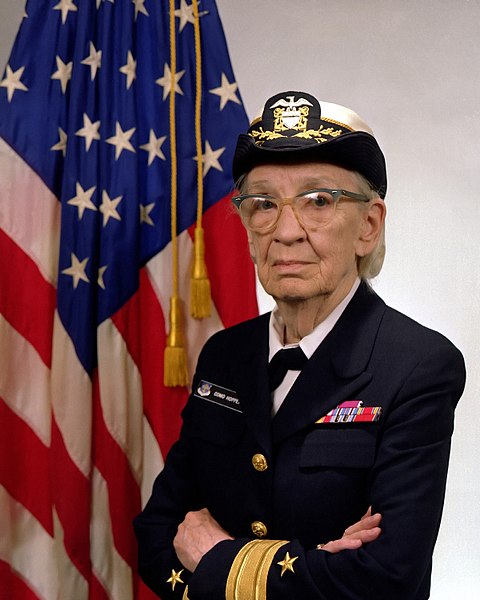
As a computer scientist and U.S. Navy rear admiral, Grace Hopper was a trailblazer in technology. She played a pivotal role in developing early computer programming languages, including COBOL. Hopper’s invention of the first compiler revolutionized how computers processed information. Often called “Amazing Grace,” her work laid the foundation for modern computing. Hopper’s influence in the male-dominated field of technology remains profound. Her legacy serves as a testament to the power of innovation and perseverance.
Toussaint Louverture
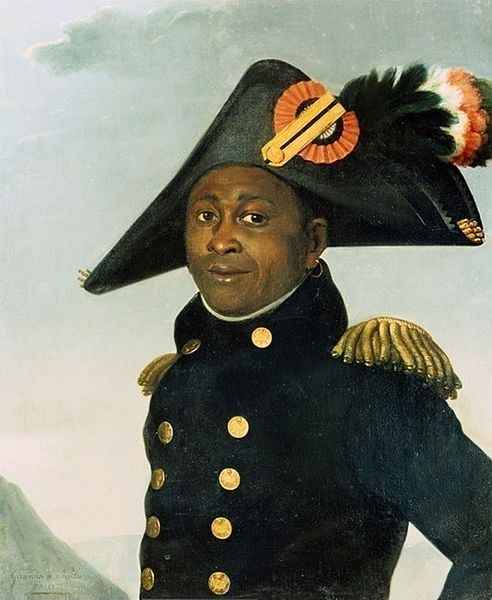
Toussaint Louverture led the Haitian Revolution, a successful slave revolt that resulted in the first Black republic. Born into slavery, Louverture became a self-educated leader who commanded armies with skill and diplomacy. Under his leadership, Haiti gained independence from France in 1804. Louverture’s victory shook colonial powers worldwide, proving the strength of the oppressed. Though he was eventually captured and died in a French prison, his influence endured. Today, he is remembered as one of the most important figures in the fight against colonialism and slavery.
Sor Juana Inés de la Cruz
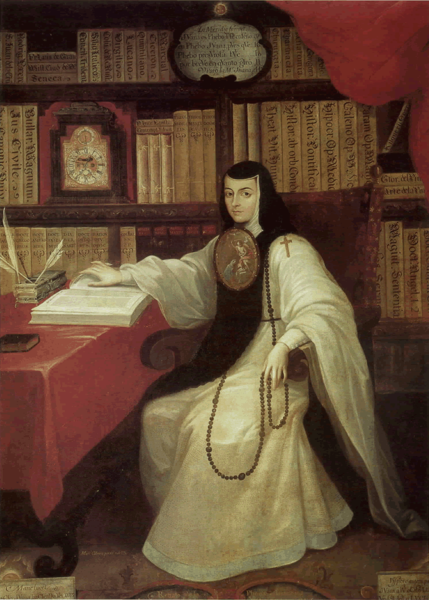
A 17th-century nun and intellectual from Mexico, Sor Juana Inés de la Cruz is renowned for her writings on gender and theology. She defied societal norms by pursuing intellectual studies in a time when women were discouraged from scholarly pursuits. Her works, which include poetry, plays, and essays, challenged the male-dominated academic world. Sor Juana’s feminist writings continue to be studied and admired for their insight and courage. Her intellectual legacy has earned her a place as one of Latin America’s most celebrated writers. She remains a symbol of women’s rights and freedom of thought.
Sigrid Undset
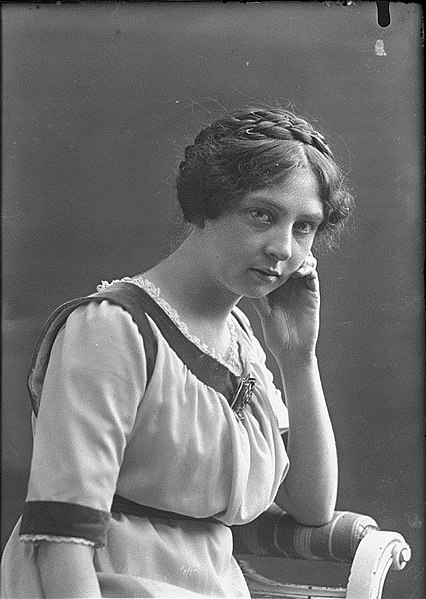
Norwegian author Sigrid Undset won the Nobel Prize in Literature in 1928 for her historical novels set in medieval Scandinavia. Her most famous work, “Kristin Lavransdatter,” tells the story of a woman’s life in 14th-century Norway. Undset’s novels are celebrated for their rich detail and exploration of the complexities of faith and human experience. A convert to Catholicism, her religious beliefs deeply influenced her writing. She was also an outspoken critic of Nazism during World War II. Her moral courage and literary contributions have left an enduring mark on world literature.
Ibn Battuta

A 14th-century Moroccan explorer, Ibn Battuta traveled over 75,000 miles, visiting regions across Africa, Asia, and Europe. His detailed travel accounts offer invaluable insights into the cultural and social landscapes of the medieval world. Battuta’s journeys took him to places as diverse as Timbuktu, Mecca, and China. His observations remain one of the most comprehensive sources of historical information on the Islamic world. Although he is lesser-known than figures like Marco Polo, his travels covered a far greater distance. Today, Ibn Battuta is celebrated as one of history’s greatest travelers.
Hypatia of Alexandria
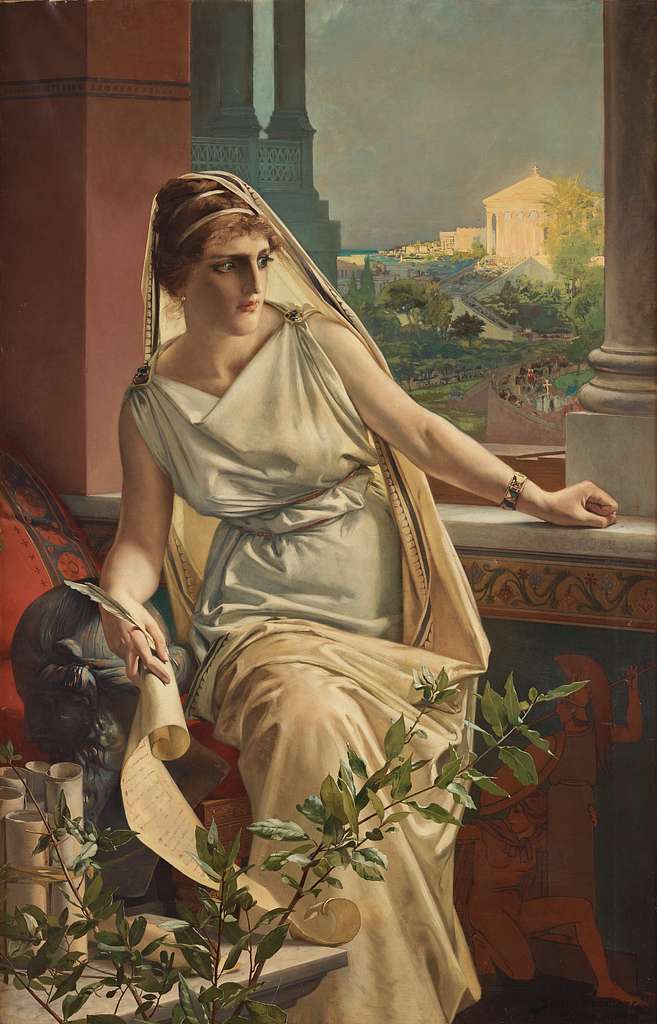
Hypatia was a renowned mathematician, philosopher, and astronomer in 4th-century Roman Egypt. She was the head of the Neoplatonic school in Alexandria and made significant contributions to the study of geometry and algebra. Hypatia’s intellectual pursuits made her a prominent figure in Alexandria’s scholarly community. Despite her accomplishments, she was ultimately targeted and murdered by a mob due to religious and political tensions. Her death marked the end of classical knowledge in Alexandria. Hypatia’s life and work are symbols of the struggle between reason and religious extremism.
Josephine Baker
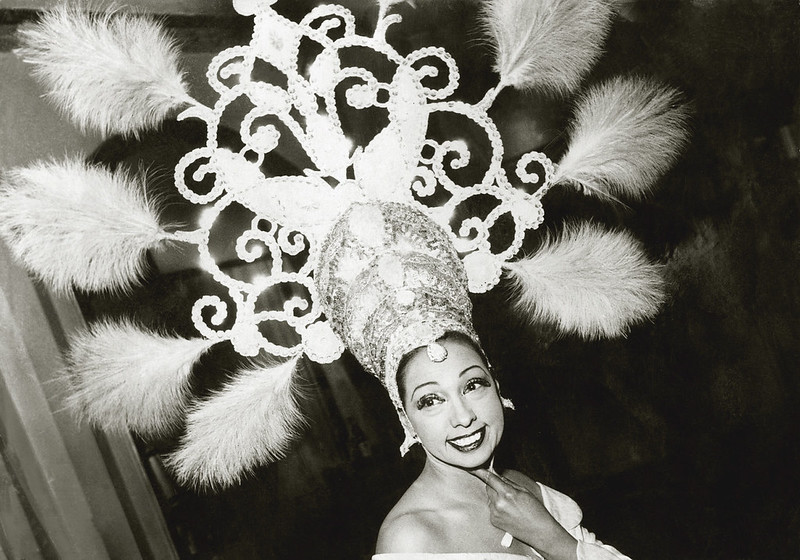
American-born French entertainer Josephine Baker was known for her performance career and her activism during World War II. She used her fame to spy for the French Resistance, smuggling secret messages in her sheet music. After the war, she became a prominent civil rights activist, refusing to perform for segregated audiences. Her contributions to the war effort earned her France’s highest military honors. Baker’s efforts to combat racism and her bravery during the war continue to inspire. She remains a powerful figure in both the worlds of entertainment and activism.
Emmy Noether
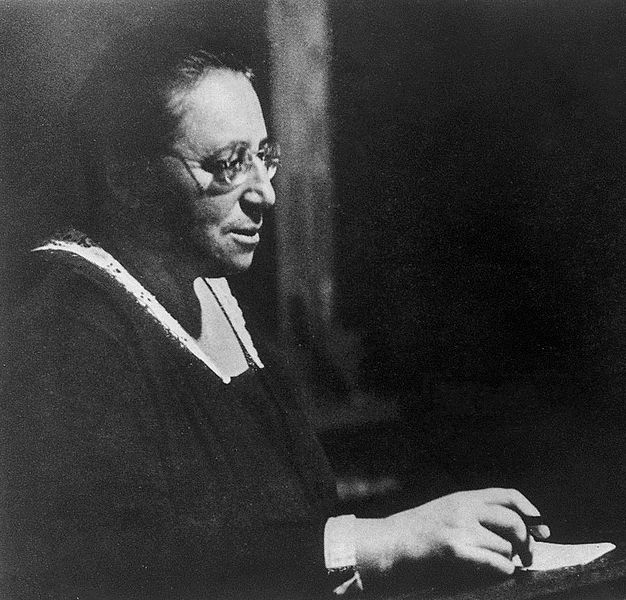
Mathematician Emmy Noether made groundbreaking contributions to abstract algebra and theoretical physics. Her work, known as Noether’s Theorem, laid the foundation for much of modern physics by linking symmetry with conservation laws. Despite her brilliance, Noether faced significant discrimination as a Jewish woman in early 20th-century Germany. She fled to the U.S. after the rise of the Nazis and continued her work at Princeton. Noether’s contributions to mathematics and physics have had a lasting impact on the fields. Her intellect reshaped the way scientists understand the universe.
Nellie Bly
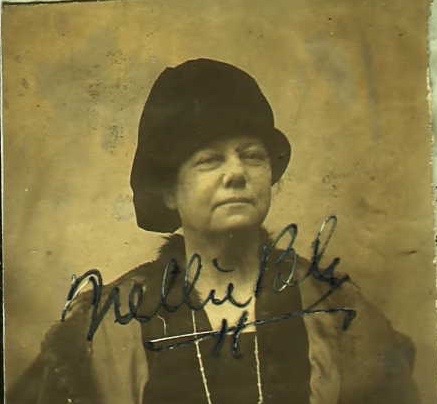
Journalist Nellie Bly was a pioneer of investigative reporting in the late 19th century. In 1887, she went undercover in a mental institution to expose its cruel conditions, resulting in sweeping reforms. Bly also circumnavigated the globe in 72 days, challenging the fictional “Around the World in Eighty Days.” Her daring and commitment to revealing the truth made her one of the most respected journalists of her time. Bly’s legacy continues to influence modern investigative journalism. Her bravery and innovative spirit are still admired today.
Gilgamesh
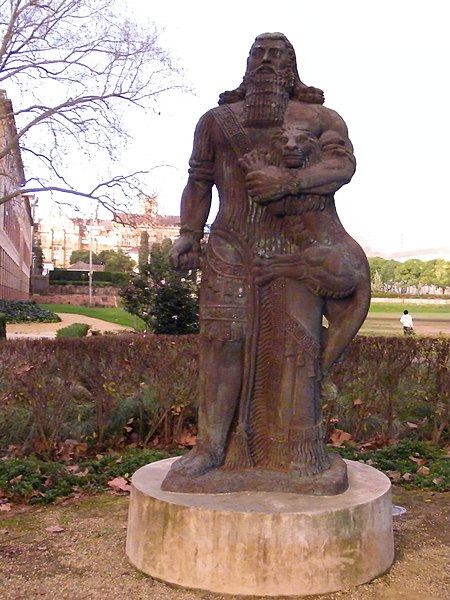
The ancient Sumerian king Gilgamesh is the subject of one of the world’s oldest literary works, “The Epic of Gilgamesh.” This epic poem, written around 2100 BCE, explores themes of friendship, mortality, and the search for immortality. While Gilgamesh may be a semi-mythical figure, his story has had a profound influence on literature and storytelling. The epic is also an invaluable resource for understanding early Mesopotamian culture. Gilgamesh’s journey reflects humanity’s enduring struggle with life’s biggest questions. His legacy continues through countless adaptations and interpretations across millennia.
Bertha von Suttner
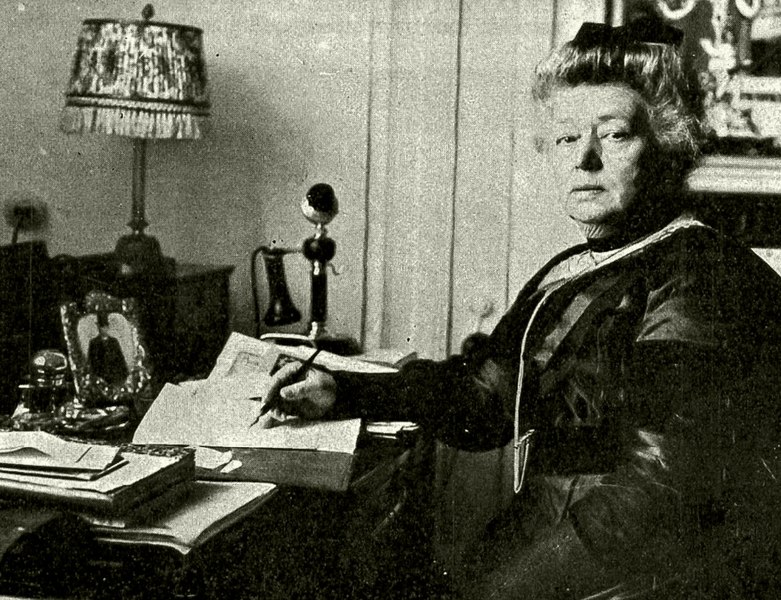
Austrian writer and pacifist Bertha von Suttner became the first woman to win the Nobel Peace Prize in 1905. Her book “Lay Down Your Arms!” is considered one of the most influential anti-war novels of the 19th century. Suttner’s advocacy for peace and disarmament was instrumental in shaping early 20th-century pacifist movements. She corresponded with Alfred Nobel, influencing his decision to establish the peace prize in his will. Her unwavering commitment to peace has had lasting effects on global disarmament efforts. Today, she is remembered as a pioneer of the peace movement.
Sojourner Truth
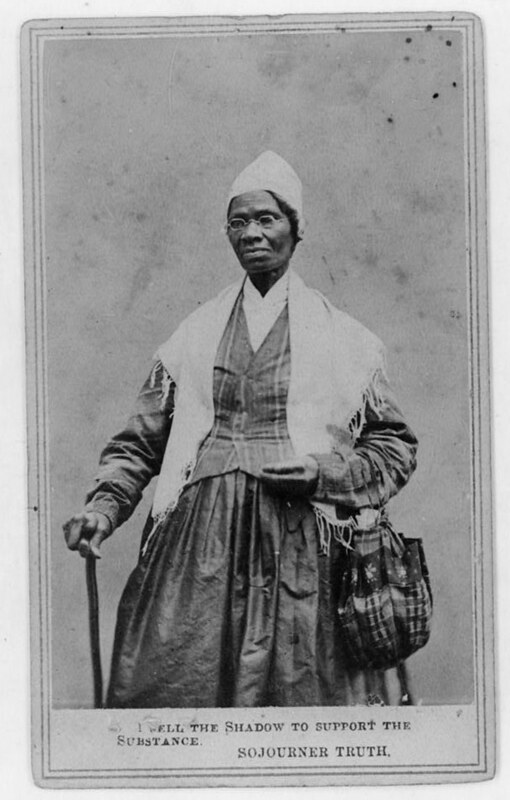
Born into slavery, Sojourner Truth became a powerful abolitionist and women’s rights activist in the 19th century. Her famous speech “Ain’t I a Woman?” challenged prevailing notions of race and gender. Truth’s oratory skills and forceful presence made her a key figure in both the abolitionist and women’s suffrage movements. She spent decades advocating for the rights of African Americans and women across the United States. Despite being illiterate, Truth’s speeches left a profound mark on the American consciousness. Her life and work continue to inspire activists for justice and equality.
Rabindranath Tagore

Rabindranath Tagore, an Indian poet, musician, and philosopher, was the first non-European to win the Nobel Prize in Literature in 1913. His poetry, notably “Gitanjali,” blends Eastern and Western literary traditions, exploring themes of spirituality, nature, and humanism. Tagore’s influence extended beyond literature, as he was a key figure in the Indian independence movement. He founded a progressive school that emphasized creativity and individuality, revolutionizing education in India. His vision of a harmonious world continues to resonate in today’s globalized society. Tagore’s works remain timeless, inspiring generations around the world.
Ignaz Semmelweis

Hungarian doctor Ignaz Semmelweis is known as the “savior of mothers” for his discovery of the importance of handwashing in preventing infection. In the mid-19th century, Semmelweis noticed that the mortality rate among women giving birth in hospitals dramatically decreased when doctors washed their hands. Despite the clear evidence, his findings were largely ignored or ridiculed by the medical community at the time. Semmelweis’s discovery laid the foundation for modern antiseptic procedures, although he never received proper recognition during his lifetime. Today, his work is considered revolutionary in the history of medicine. Semmelweis’s perseverance ultimately saved countless lives.
Lyudmila Pavlichenko
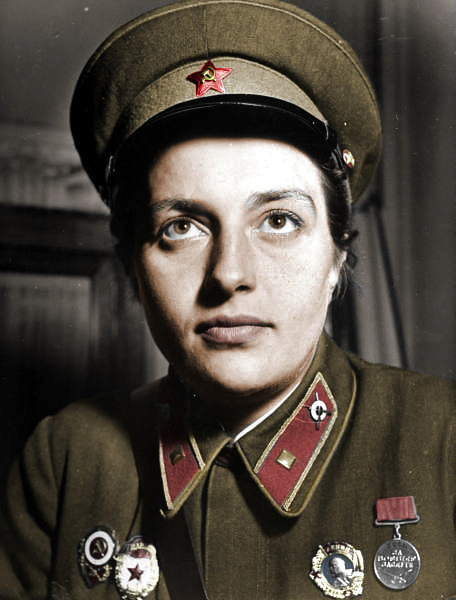
Lyudmila Pavlichenko, a Soviet sniper during World War II, became one of the deadliest snipers in history with 309 confirmed kills. Known as “Lady Death,” Pavlichenko fought in some of the war’s most significant battles, including the Siege of Sevastopol. Her skills and bravery earned her international recognition, and she later toured the U.S. advocating for Soviet-American cooperation. Pavlichenko’s role in the war demonstrated the significant contributions of women to military efforts. Despite the hardships she faced, her determination never wavered. She remains an iconic figure in both military history and the fight for women’s equality.
This article originally appeared on Rarest.org.
More From Rarest.Org
Hidden libraries hold some of the world’s most valuable manuscripts and artifacts. These collections, often tucked away, safeguard centuries of knowledge. Read more.
Artisanal chocolate brands are transforming the way we indulge, offering unique, handcrafted creations that go beyond your typical store-bought bars. These chocolatiers are dedicated to quality, ethical sourcing, and innovative flavors, making each bite a luxurious experience. Read more.

